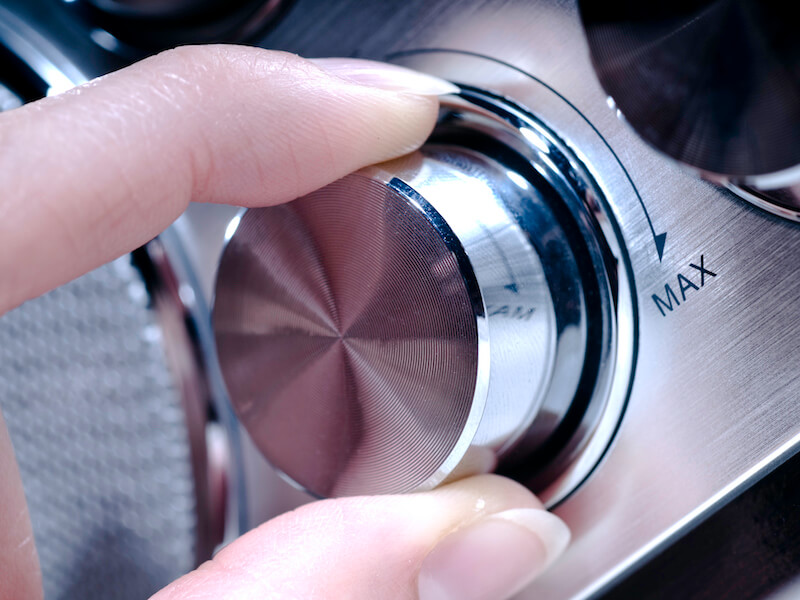
Sometimes, it’s easy to recognize when you need medical help. When you break a bone, for example, you know you should go to the doctor (or the emergency room, depending on the scenario). With situations like this, simply “toughing it out” isn’t an option. If you want your bones to mend correctly, you need to get them treated as soon as possible.
It’s not always that obvious when it comes to hearing aids, though. Hearing loss normally advances very slowly over time. That means it’s not always simple to know when you might need to start using hearing aids or to put off finding treatment you know could be helpful.
So keeping an eye out for signs that your hearing is going is a good idea. It’s likely time to call us for a consultation if you do detect any.
Hearing loss and hearing aids
Hearing loss is mainly treated with hearing aids. But everyone who has some degree of hearing loss won’t automatically need hearing aids. Hearing aids won’t always be beneficial in cases of minor hearing loss. We might want you to hold off on using hearing aids because of this. It’s also possible that we could direct you to only wear your hearing aids when you’re in specific situations.
In other words, the threshold for requiring hearing aids is not always a diagnosis of hearing loss.
However, hearing aids will be the ideal solution in many cases. Because hearing loss can be a sneaky and gradual condition, lots of individuals don’t get a diagnosis until there’s been considerable damage. But if you come in to see us regularly, you might be able to catch your hearing loss early, and, as a result, you may not need hearing aids right away.
So how will you know if you have hearing loss?
You need hearing aids if you experience these indicators
Hearing loss is one of those conditions that can produce immediate communication obstacles. But a lot of times you don’t even realize that hearing loss is the cause of those communication issues. So, at what point will a hearing aid help you?
Here are some of the typical signs you should watch out for:
- You can’t understand people on the phone: Even the highest quality phone speakers tend to flatten a voice. If you have hearing loss, this can make it even more challenging to understand conversations. It can be really challenging to hear voices as a result of the loss of these frequencies.
- When people speak, you can’t always understand what they said: Many individuals don’t think they have hearing loss or need hearing aids because the overall volume they hear seems fine. But hearing loss is curious, it tends to impact specific frequencies before others. Which means that the great majority of sounds may seem normal but things in the high frequencies (such as certain vowels) will be distorted. This could cause you to have a tough time making out what people are saying.
- The volume on your devices is becoming very loud: If you’re continuously turning the volume up on your television or radio or smartphone, it may be due to hearing loss. If you find individuals around you complaining about the high volume of your devices, this is especially relevant.
- When you’re in very loud locations, you have a hard time following conversations: This is probably one of the most common symptoms of hearing loss. If you have difficulty hearing conversations in noisy places, that’s often a sure sign that you have hearing loss. This occurs because your ears are not receiving as much information as they used to, and your brain isn’t really able to fill in the gaps very easily. As a result, there’s a lot of muffled conversations.
So what should you do?
When you break your leg, it’s clear cut what to do: you go to the doctor! But what do you do when you begin to experience the symptoms of hearing loss? What level of hearing loss requires hearing aids? Well, that’s hard to answer, but when you start experiencing these signs, it’s a good plan to schedule an appointment with us. We will be able to let you know how severe your hearing loss is.
And if you do wind up needing hearing aids, a hearing assessment will help identify the best device for your hearing needs. Then you will be able to get back to enjoying good conversations with your friends and family members and doing the things you love.
Call us for a hearing test so we can help you improve your quality of life.